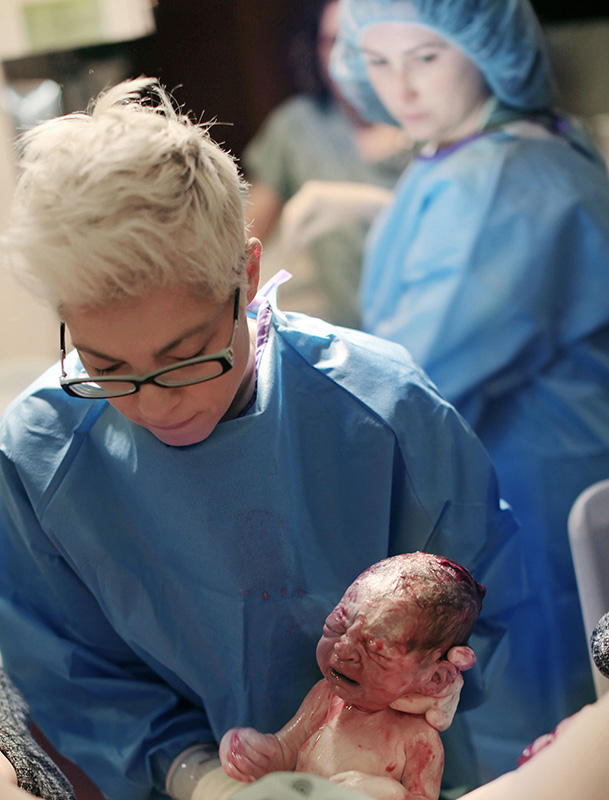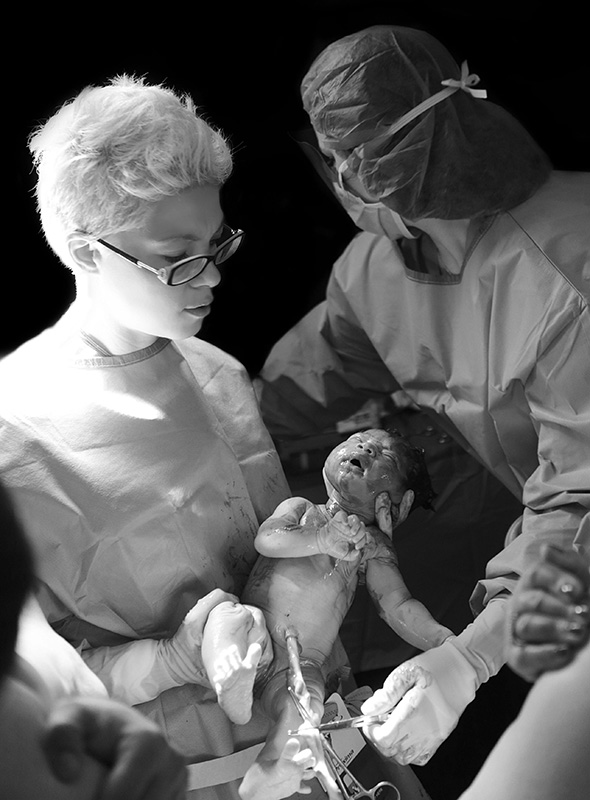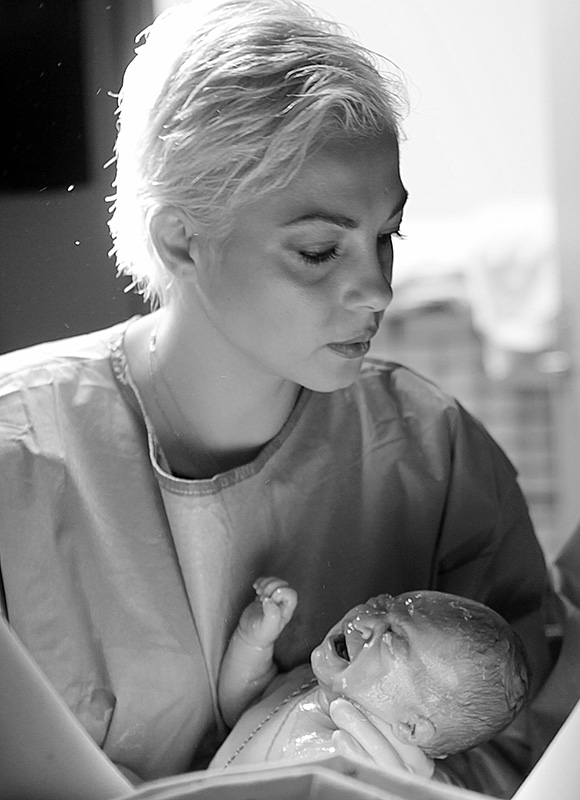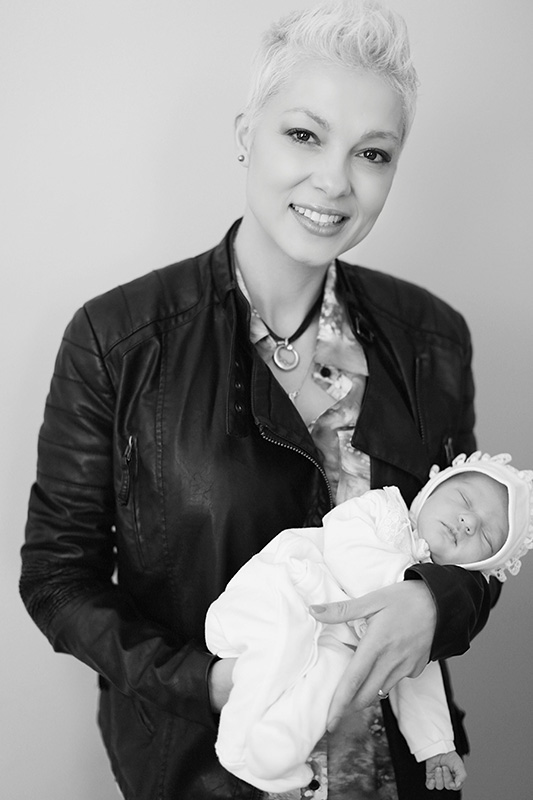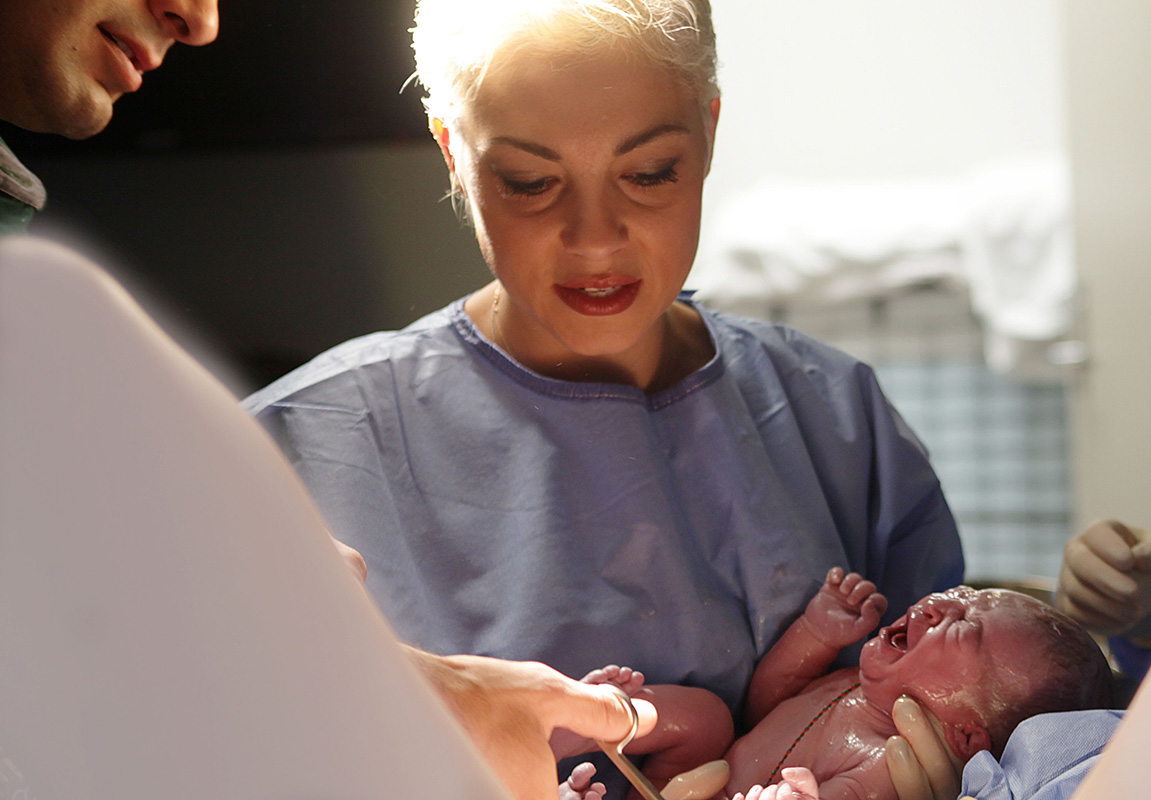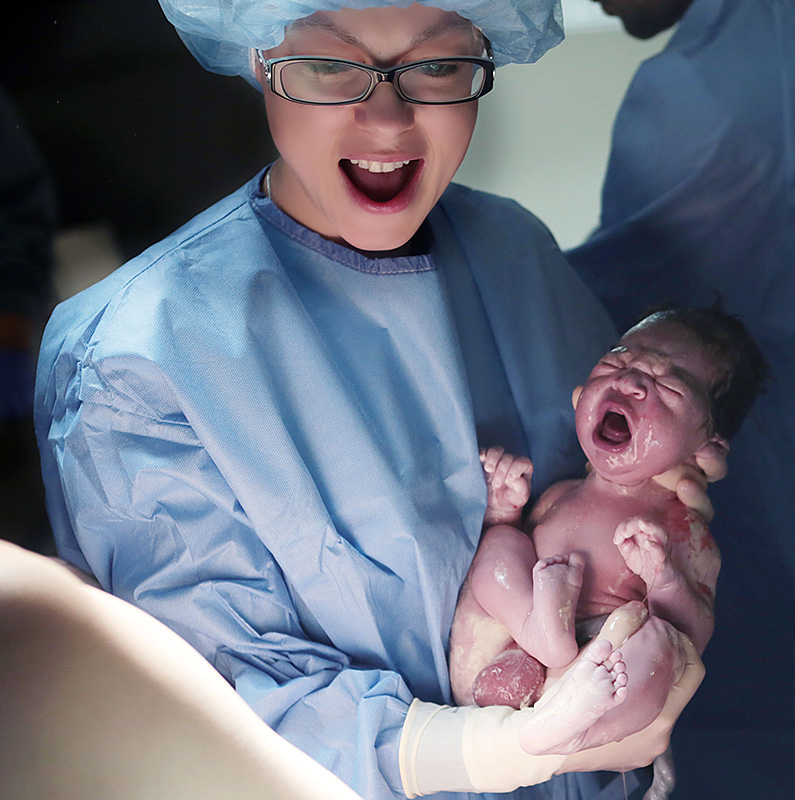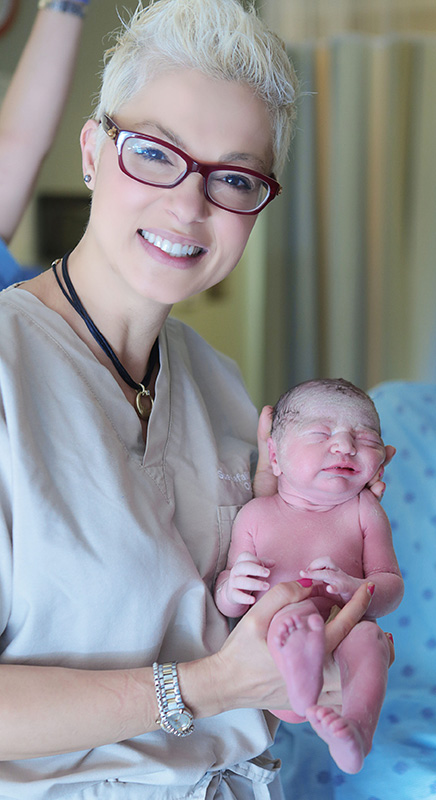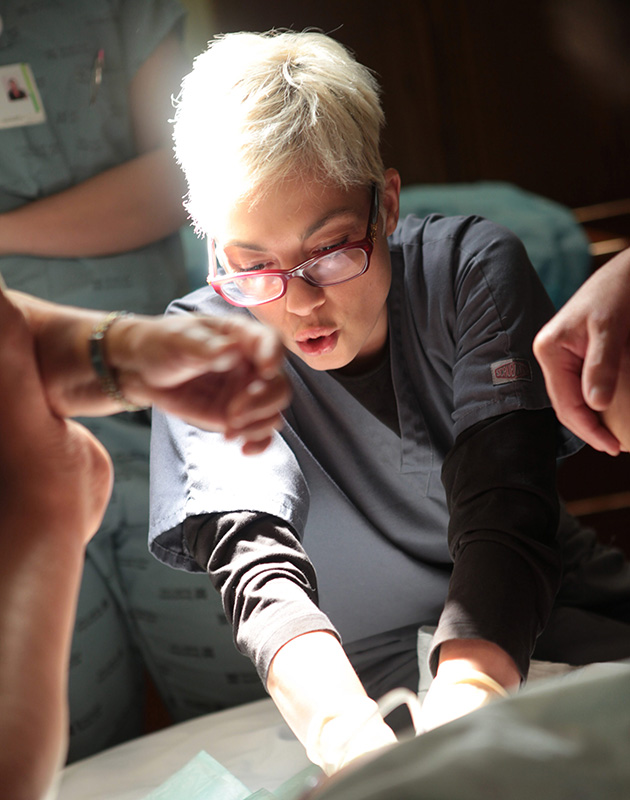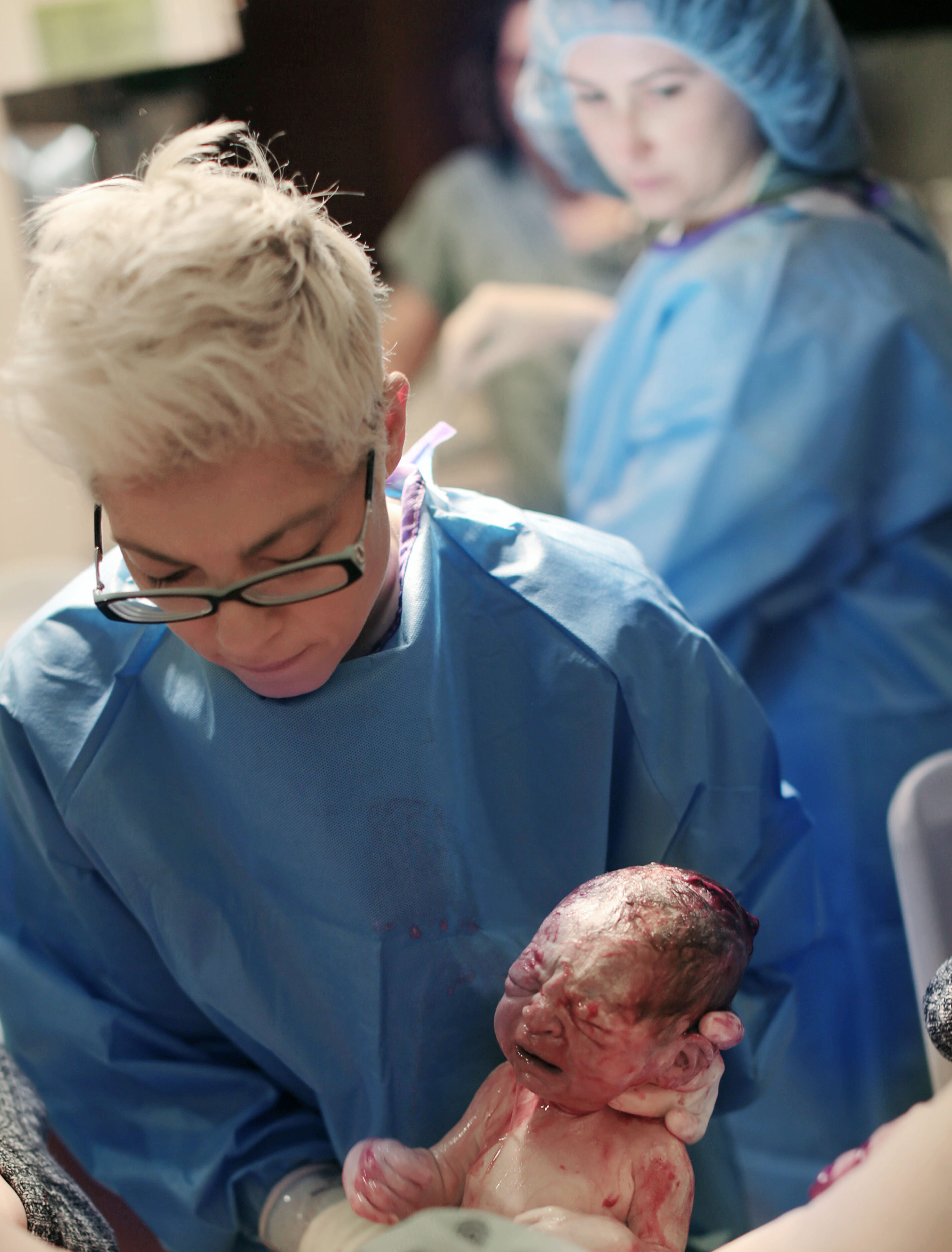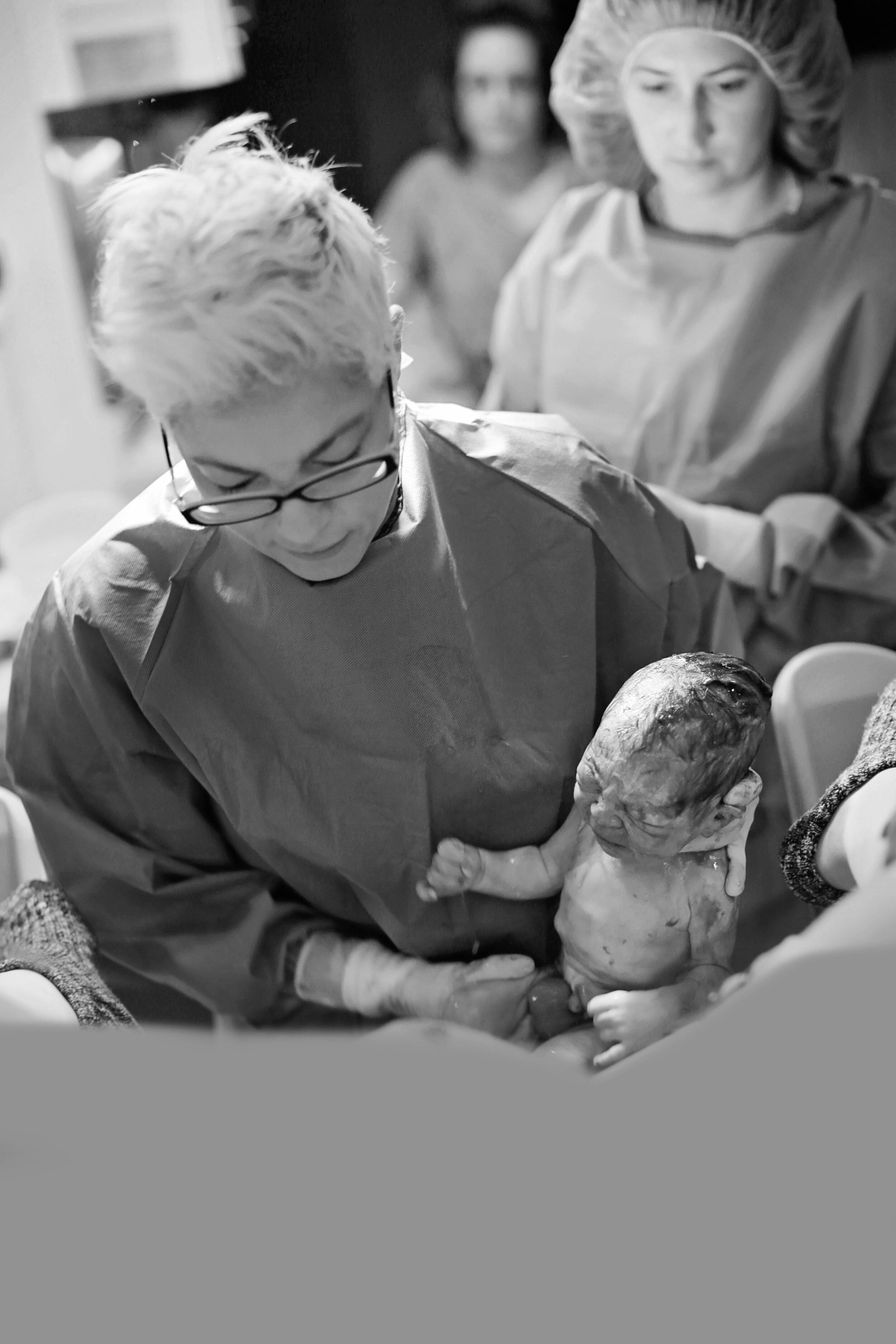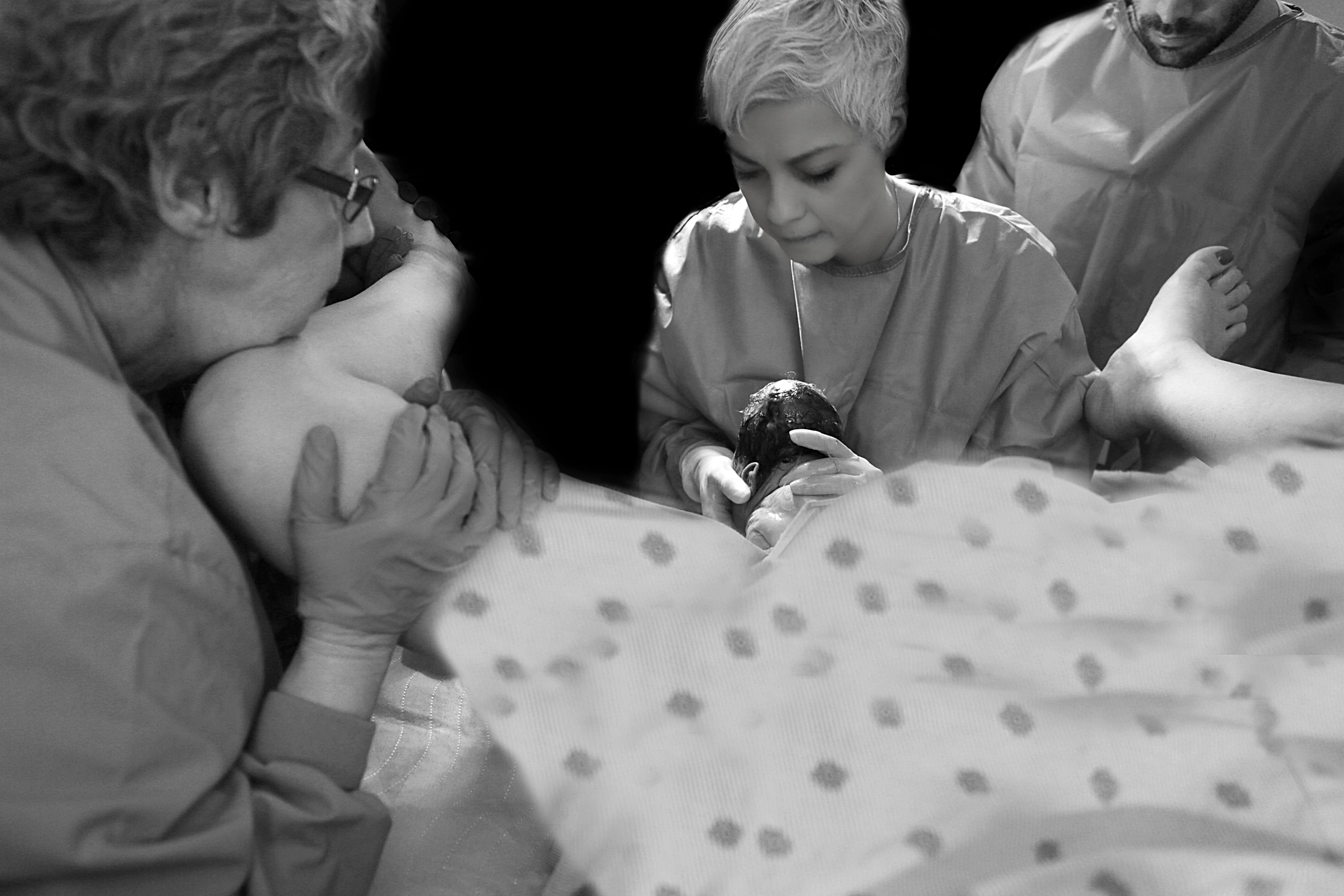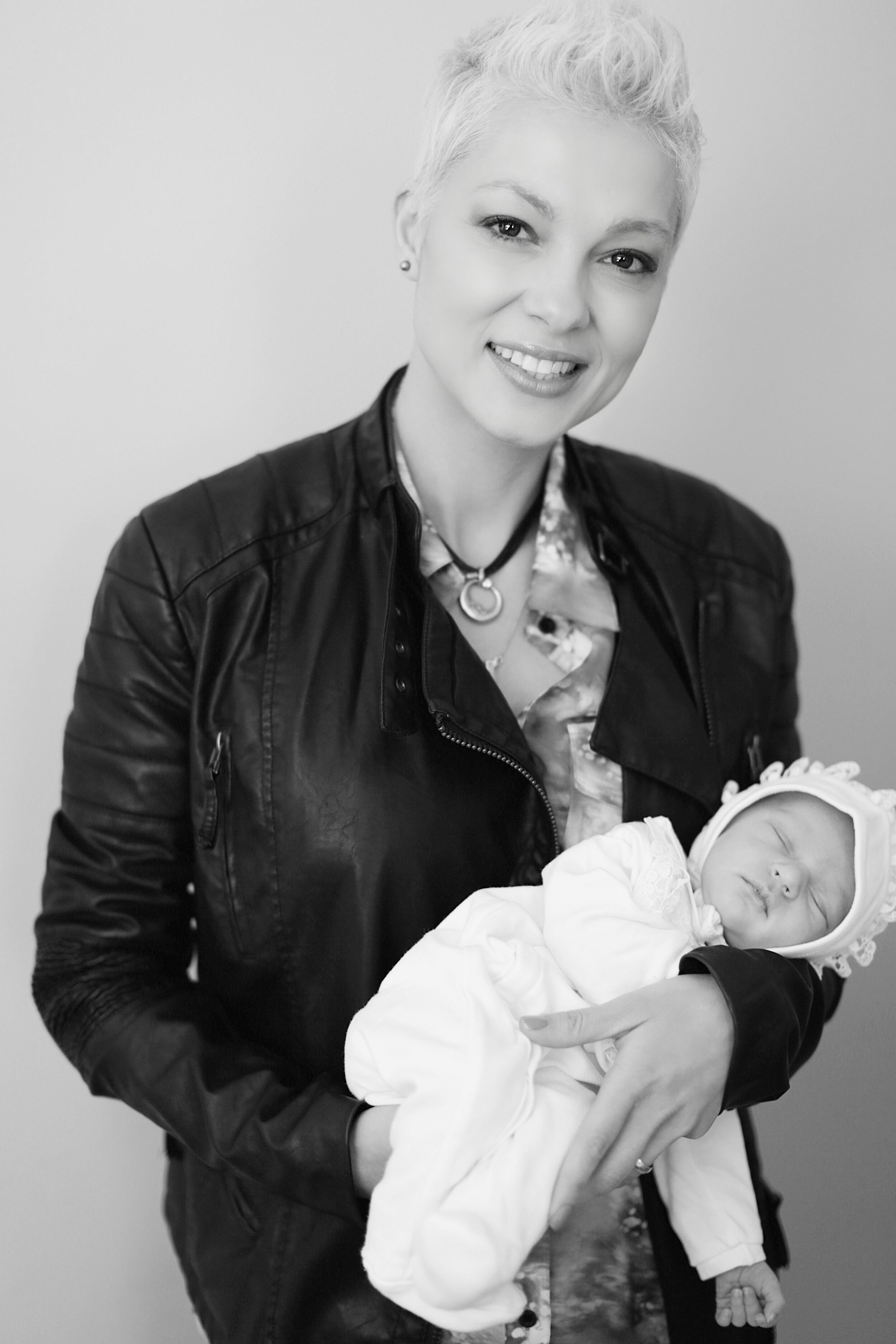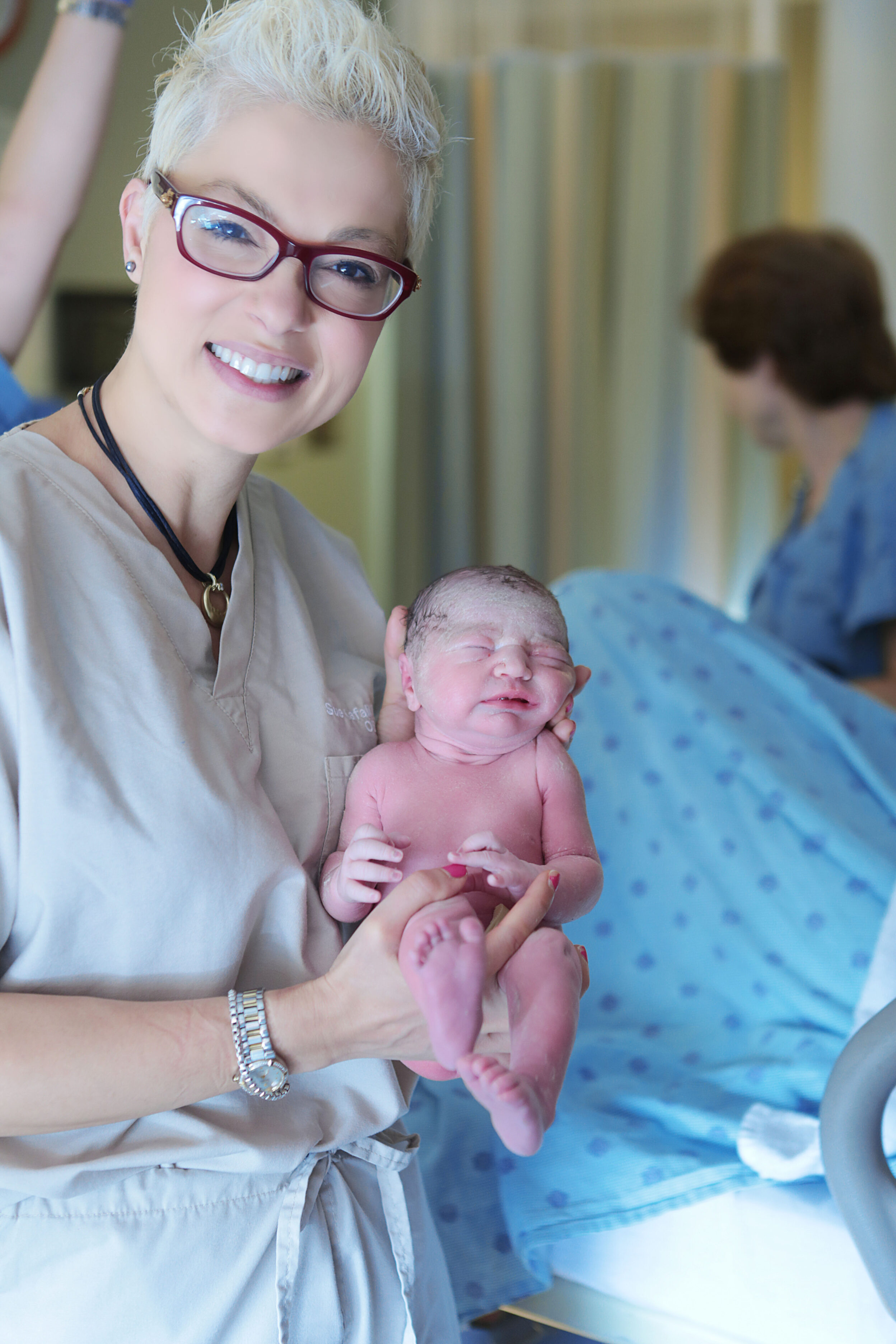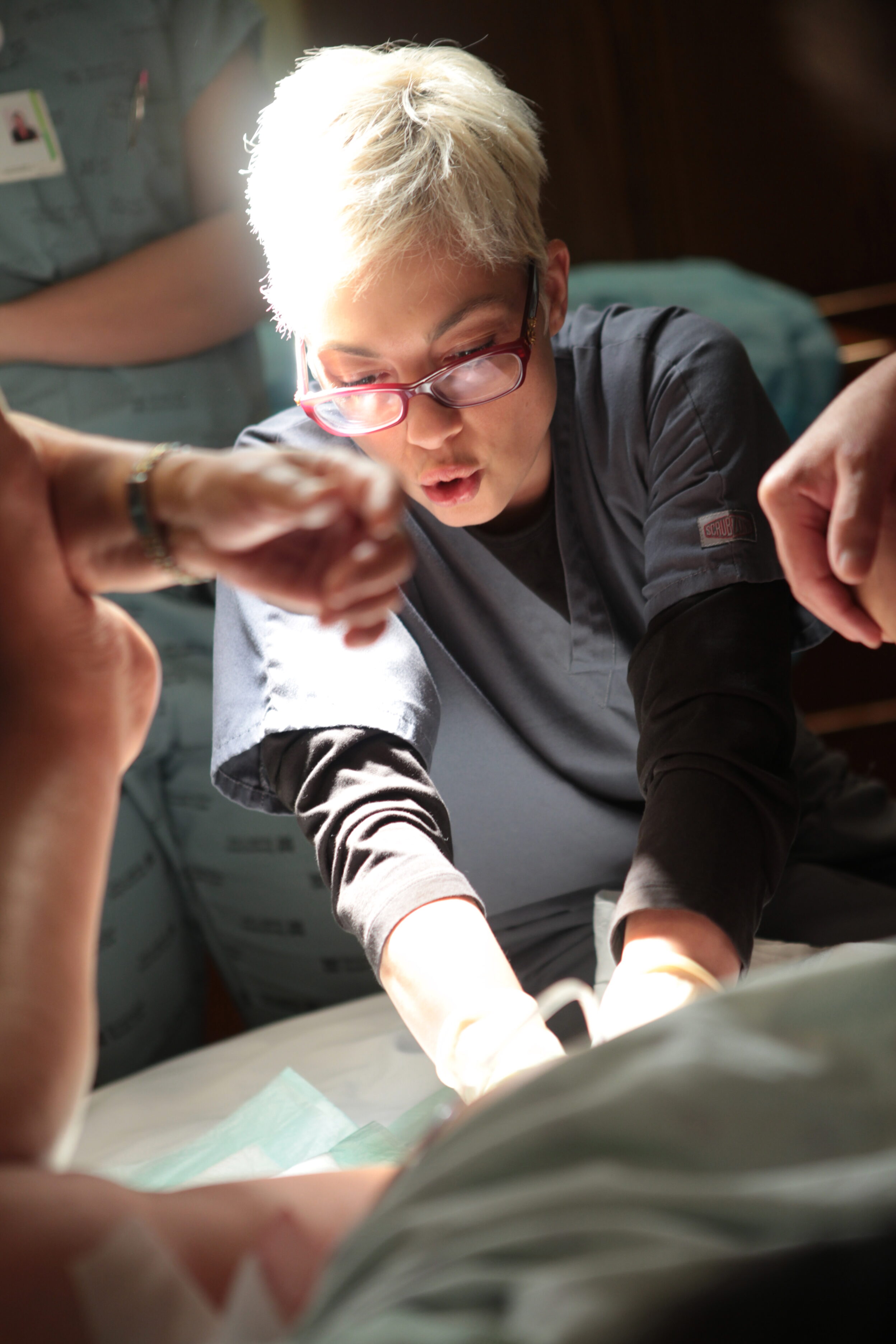
One of the most wonderful times in a woman’s life is the day she finds out she is pregnant, and that of course is quickly trumped by the day that she gives birth to that special little baby. At Advanced Women’s Health of Chicago, Dr. Kafali Nazarof will help guide you every step of the way; from before conception, to the moment this new life begins to grow, to the excitement of your first ultrasound, and of course through the up’s & down’s as they relate to every pregnancy, all the way to the moment you hear your little one for the first time. Advanced Women’s Health of Chicago is dedicated to individualized, prenatal care for each woman that does not begin and end with your appointments. We are focused on you having the healthiest pregnancy possible, by helping you to recognize the important regular exercise and nutrition are to the baby growing inside you. We’ll take the time to give you the education you need, and to make sure you understand the results of every test we take to ensure you and your baby are having a wonderful and healthy nine months together. As with all else, we encourage every patient to ask any question no matter how small or large she may think it is.



